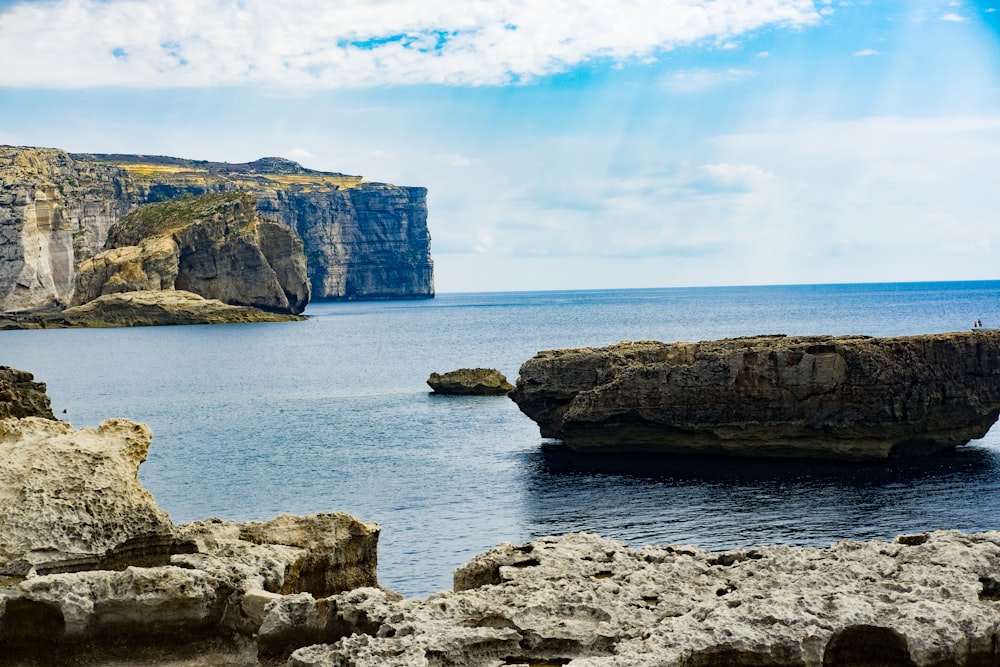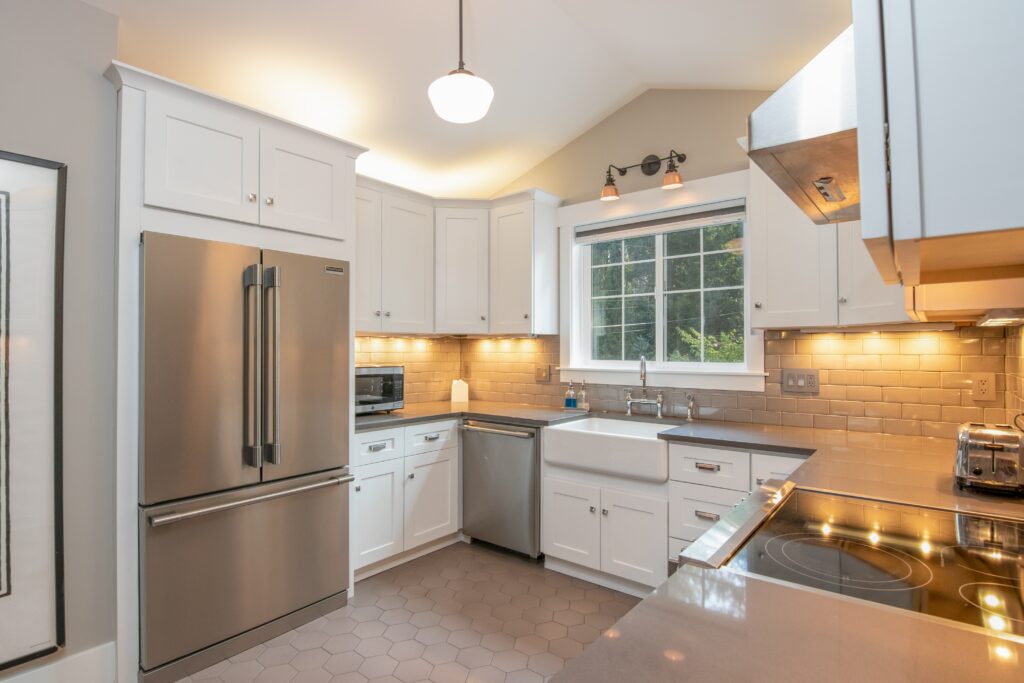Non-European Residence Tax Scheme

This tax scheme has replaced the old tax scheme. This offers non-europeans different tax schemes according to their income and other factors. Read More.
The Non-European property tax scheme – The new HNWI (High Net Worth Individual) Residency Scheme was introduced to Malta’s ACT XVI of 2011 [1]. Read about the new legislation which has replaced the old Permanent Residence Scheme.
Replacing the old Permanent Residence Scheme, the new legislation included a new article added to the Income Tax Act (Article 56(23), whereby the minister may grant a special tax status to a person who meets a number of criteria. This tax scheme has resulted in five different residency schemes being offered to HNWIs who are interested in taking up residence in Malta, and are dependent on their specialist industry profile, qualifications and financial topology.
The issue of residence permits to EU-EEA-Swiss nationals, as well as non-EU nationals & Non-European citizens, is regulated by the 2011 HNWI Rules – which replaces the former Residents Scheme Regulations. The scheme ensures that those eligible are taxed at a flat rate of 15%, and this is applicable on income brought to Malta only.
The new HNWI tax residence scheme targets the following:
Nationals of the European Union, The European Economic Area (EEA) including Norway, Iceland, Liechtenstein and Switzerland; and Third country nationals
Eligibility for HNWI Scheme

In order to be eligible for the HNWI Scheme, there are no longer minimum restrictions on wealth, yearly income or annual remittance requirements. However, an applicant needs to ensure the following:
Qualifying Property Holding
An applicant needs to provide proof of ownership / lease of property in Malta before applying for the scheme. In both cases, the scheme provides a minimum value whereby a property purchase must be of no less than €400,000 and, should the applicant opt to rent property rather than purchase, the rent must exceed €20,000 per year. Either way, the applicant must ensure that s/he, along with her/his dependants, reside at the address as per the property owned or rented, and ensure that this property is their primary place of residence.
Health Insurance

The applicant, together with his/her dependant, must be in possession of a Health & Sickness insurance policy. Such policy would cover all possible risk and hazards not only in Malta, but across the European Union. However, it is not expected for such insurance to cover the applicant beyond the policy of standard cover to Maltese nationals. Aside from the application, the policy must be submitted to the applicable department and would be sourced from a reputable international health insurance agency, or a licensed Maltese company.
Fit and Proper Test
The Commissioner of Inland Revenue is obliged to carry out a fit and proper test of the applicant, and the applicant is obliged to complete this. Such test would include several criteria related to criminal offences for that particular applicant, such as terrorism, child abuse etc.
Fiscal Residence
Applicants who wish to benefit from the new scheme are expected to reside in Malta for at least 90 days each year, with presence in other jurisdictions limited to 183 days. Should the individual exceed 183 days, his rights to the HNWI scheme shall be forfeited.
Benefits of the HNWI Scheme

Special Tax Status
Residence permit holders must not shift or have the intention to shift their domicile to Malta. As non-domicile residents, they are taxed on income brought to Malta, and certain capital gains which arise in Malta. Foreign capital gains are not taxable in Malta even if remitted to Malta. Income remitted to Malta is taxed at a flat rate of 15%, provided that the minimum tax payable shall be of €25,000 for the applicant and €5,000 per dependent (where applicable).
Access to the Schengen Area
Should the application for an HNWI residence permit be approved, the applicant, along with his/her dependants, may apply for a Residence Permit. Such permit would allow the individual to move freely within the Schengen area.
Long Term Residence

In contrast to the above, should the applicant be / intend to become a long-term resident, s/he must agree to a qualifying contract with the Maltese Government. Should this be the case, the applicant would be expected to invest in a bond of €500,000, and a further €150,000 per dependant. The aforementioned would cover potential social costs that may arise. Should the applicant give up his residence permit, the guarantees would be released. The guarantees would be forfeited only should the applicant opt to enjoy long term residence for four years or more. Individuals who have been granted or have applied for long-term residence in terms of the ‘Status of Long-Term Residents (Third Country Nationals) Regulations, 2006’ and Third Country Nationals who have legally and continuously resided in Malta for five years are considered to be long-term residents.
Citizenship
An individual who resides in Malta for 5 continuous years has the right to apply for Maltese citizenship and, if qualified, as a HNWI. However, the application is still subject to approval from the Minister.
Other Benefits
Other benefits of this scheme include:
- Social security benefits
- 15% tax on income brought to Malta, capped at €25,000 a year and eligible for double-taxation relief
- No tax on income or capital gain not remitted to Malta
- Dependents of the applicant benefit from an annual tax cap of €5,000
Existing Malta Permanent Residents

Those residents who hold a permit under the former residence scheme will only be affected by the new scheme if they decide to sell, or no longer rent, the property as was submitted for their permit. Should this be the case, the applicant will need to obtain new residence, whether purchased or leased, under the new scheme.
Further Information
The above information has been provided courtesy of Dr Jean-Philippe Chetcuti, tax partner at Chetcuti Cauchi Advocates, a leading Malta law firm. Dr Chetcuti advises on using Malta in international tax and legal planning. Feel free to contact us should you wish us to organise a complimentary consultation on how best to use Maltese personal residence permits, Malta companies and Malta trusts to achieve your tax planning and asset protection objectives.